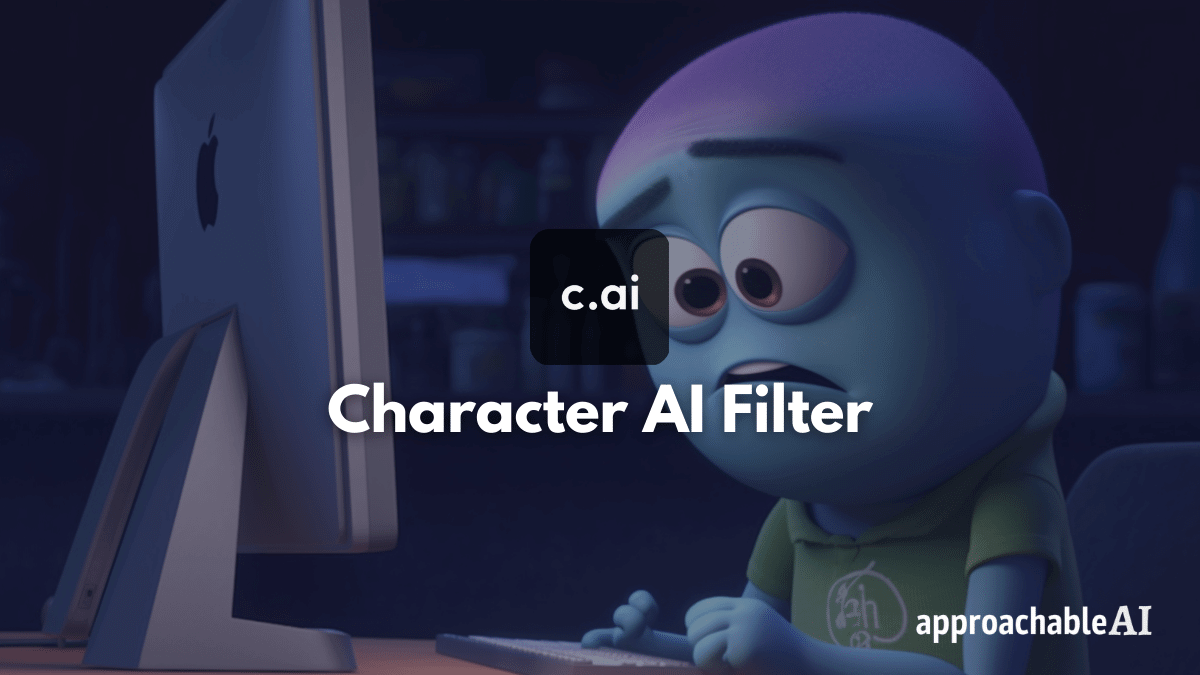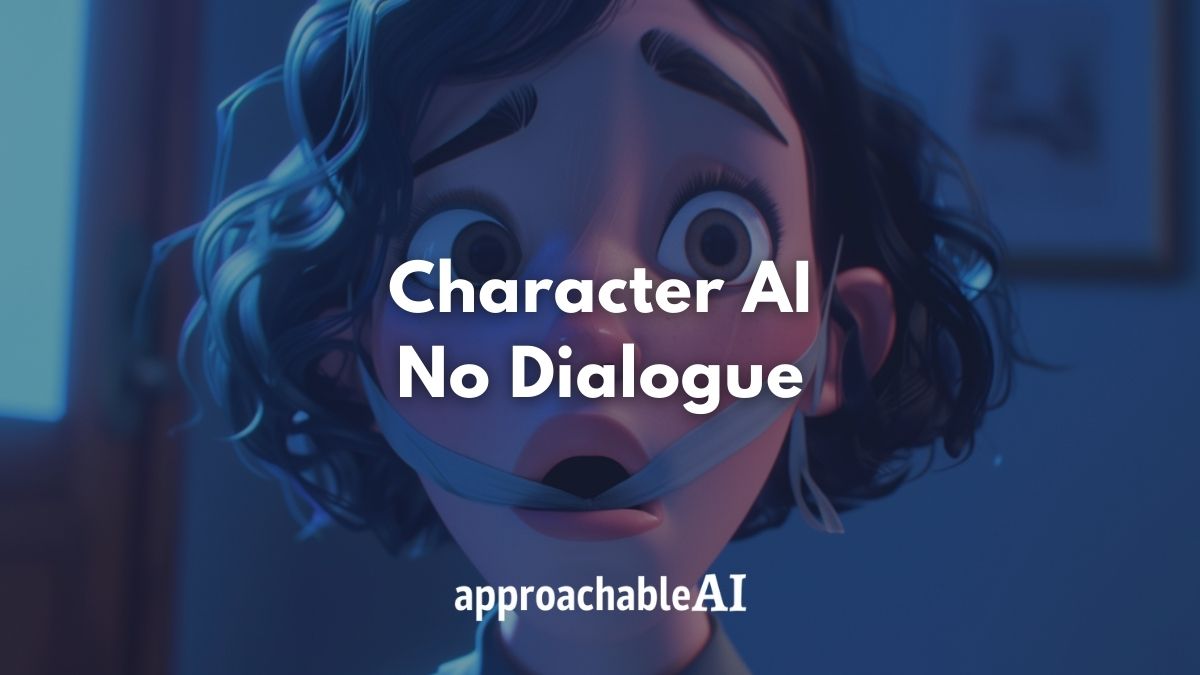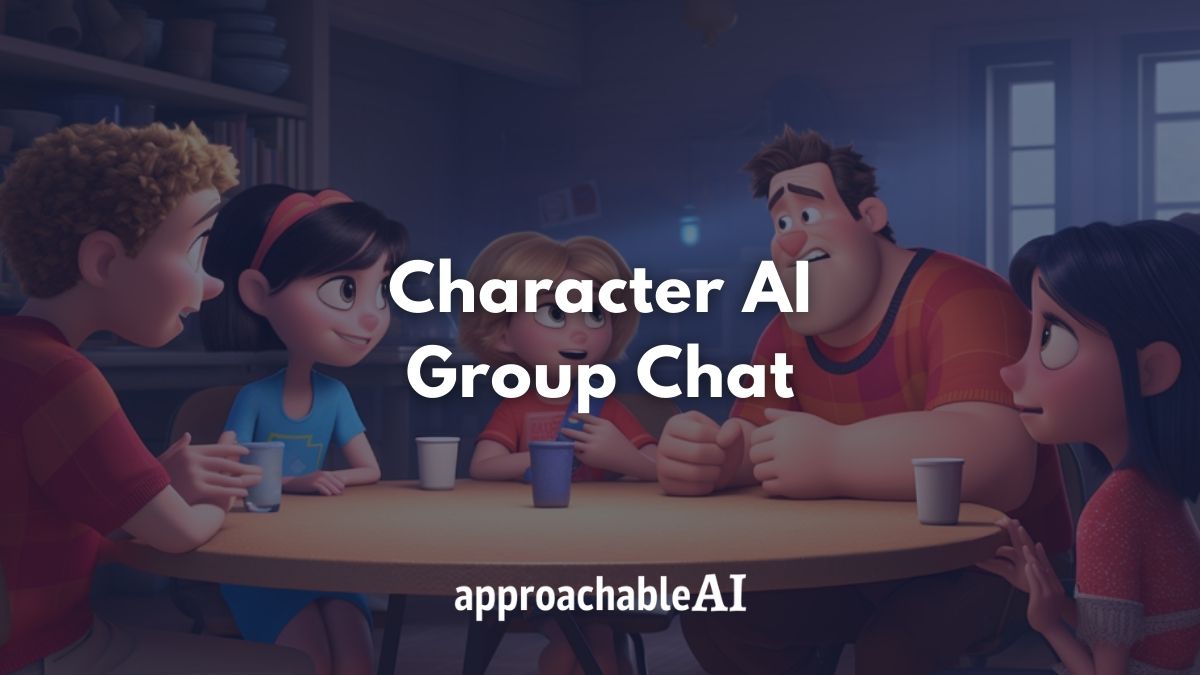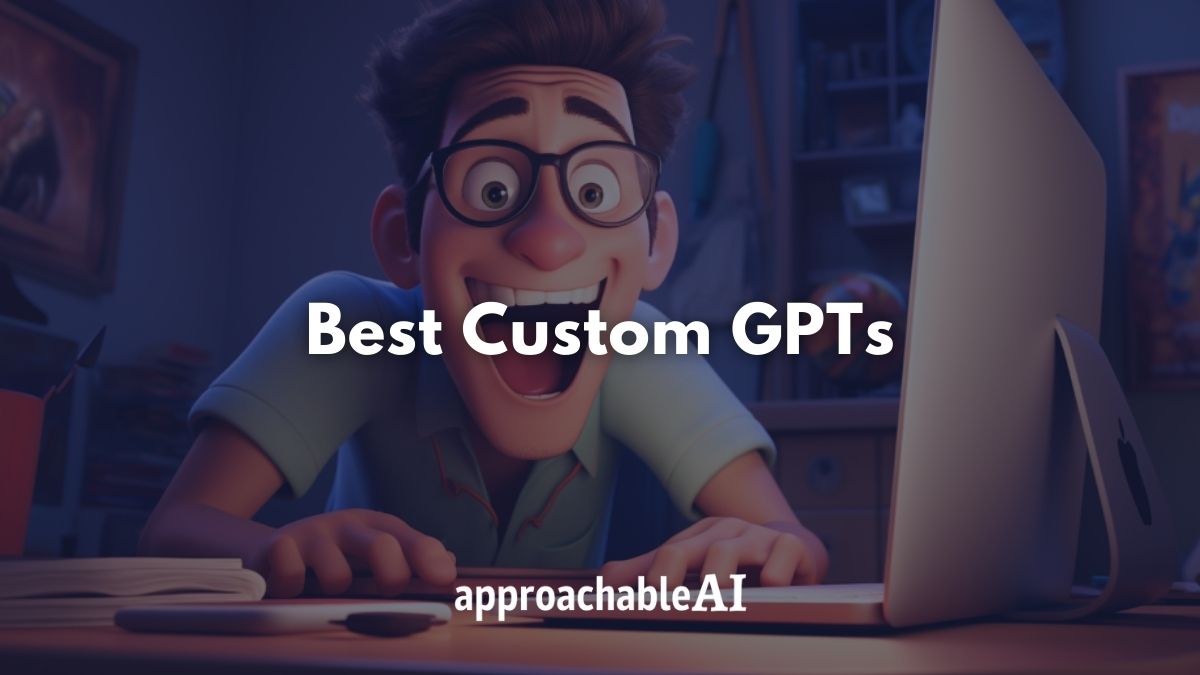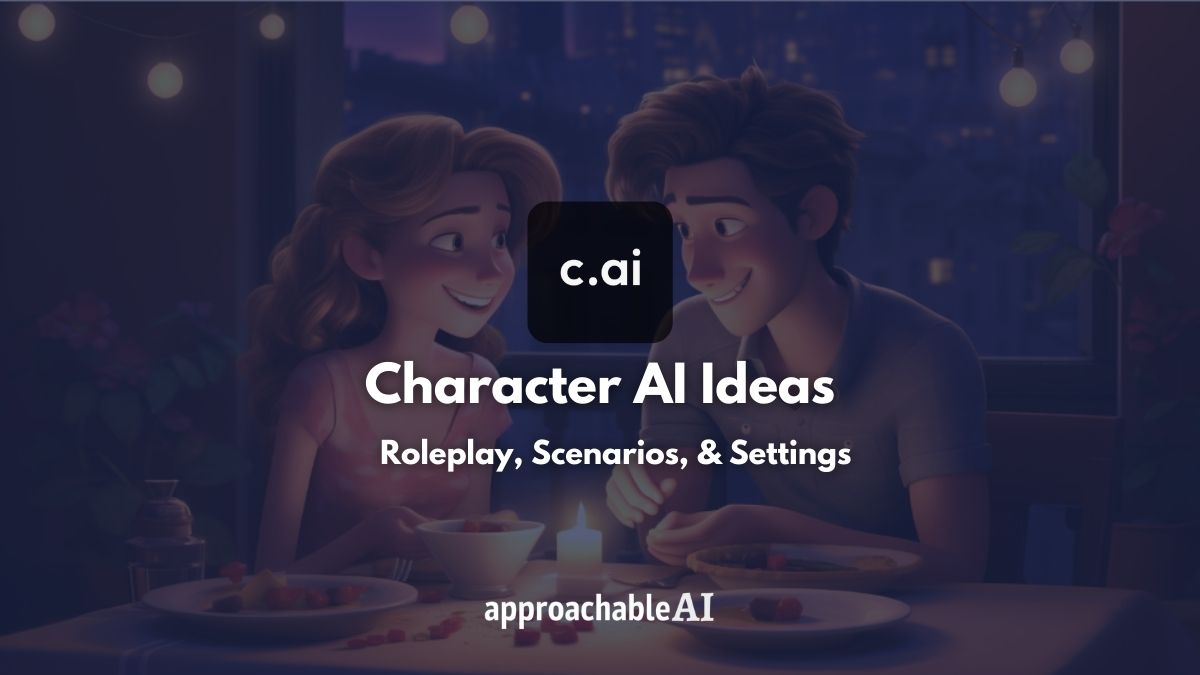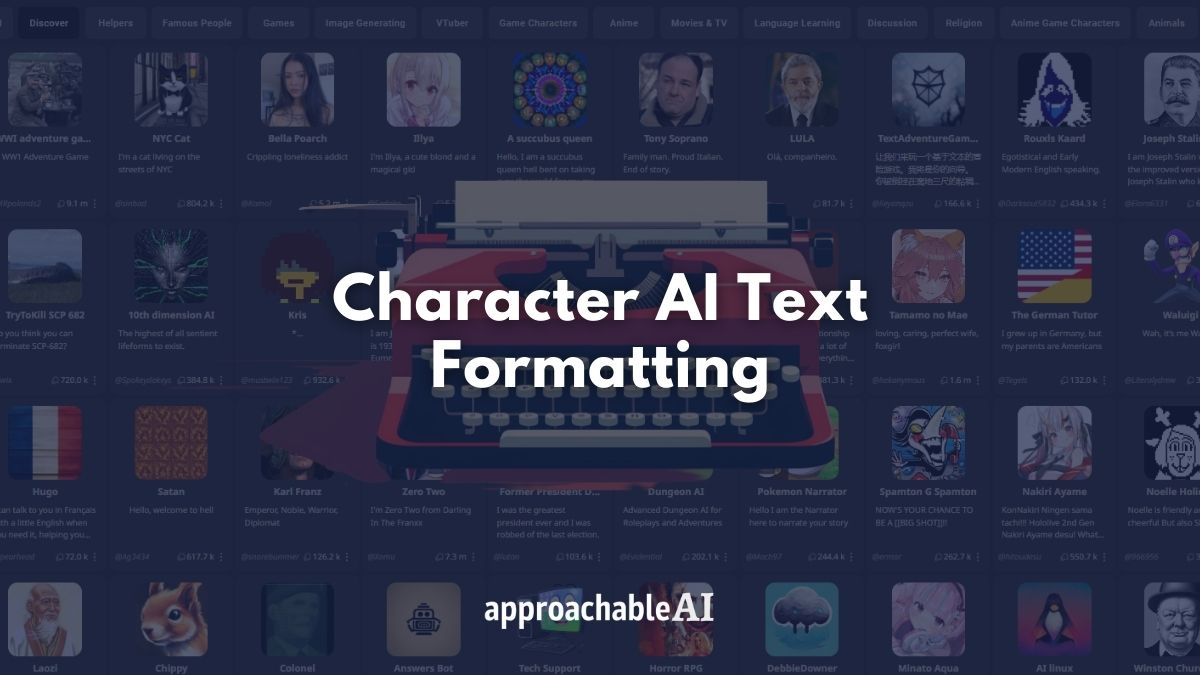We need Artificial Intelligence because it will help us solve complex problems, improve our productivity, and enhance our health and medicine.
In this post, we will discuss the importance of AI and explore some of the pros and cons of this exciting technology.
Advantages of Artificial Intelligence
It’s no secret there is a massive upside to leveraging new AI technology.
Fortune Business Insights says the AI market will hit $1.4 trillion in the next six years.
Below are some top benefits of incorporating AI into our businesses and everyday lives.
Enhancing Efficiency
One of the primary benefits of AI is its ability to enhance efficiency.
By automating routine and mundane tasks, AI can free up human capital to focus on more creative and strategic work.
For instance, in the healthcare industry, AI can decipher patient data and records, which can help doctors make more informed decisions.
In the manufacturing industry, AI can optimize production processes, reduce downtime, and increase productivity.
By reducing the time and resources required to perform these tasks, companies can achieve significant cost savings and enhance their bottom line.
Improved Decision Making
AI can help improve decision-making processes by analyzing massive amounts of data and providing insights that humans may miss.
By processing vast amounts of data in a short amount of time, AI algorithms can identify patterns and correlations that would be difficult or impossible for humans to detect.
This can help businesses make more informed decisions, leading to improved outcomes.
Increased Personalization
AI can help businesses personalize their interactions with customers, leading to increased customer satisfaction and loyalty.
By analyzing customer data, AI algorithms provide personalized recommendations, tailored advertising, and customized experiences.
For example, AI-powered chatbots like ChatGPT can provide real-time customer support and personalized recommendations to improve customer experience.
Greater Accuracy
AI algorithms can perform tasks with greater accuracy and consistency than humans.
For instance, in finance, AI can identify fraudulent transactions, saving companies millions of dollars.
In the legal industry, AI can already perform complex legal research to help lawyers identify relevant cases and precedents.
Improved Safety
AI can also improve safety in various industries.
While still a work in progress, self-driving cars can reduce the number of accidents caused by human error.
In the construction industry, AI vision systems can monitor job sites and detect potential safety hazards to prevent accidents and injuries.
Job Creation
Contrary to popular belief, AI can actually create jobs rather than eliminate them.
While it may replace some jobs that are repetitive and mundane, AI can also create new jobs that require skills that are in demand.
For example, AI prompt engineers and data scientists are in high demand, and the demand is only expected to increase in the coming years.
Additionally, AI’s increased efficiency and productivity can lead to job creation in expanding industries.
Applications of Artificial Intelligence
Healthcare AI

The healthcare industry is set to benefit enormously from artificial intelligence.
AI can improve patient outcomes, reduce medical errors, and increase efficiency.
Here are some applications of AI in healthcare:
✓ Diagnosis and treatment: Predictive models can identify the likelihood of a patient developing a particular disease or condition. Then, a personalized treatment plan can be developed based on a patient’s medical history and current health status.
✓ Medical imaging: Medical images, such as X-rays and MRI scans, can be analyzed by AI-powered software to identify abnormalities and make accurate diagnoses.
✓ Robot-assisted surgery: Surgical robots and tools used during surgery, can help to increase accuracy and reduce the risk of surgeon error.
✓ Home Health AI: Health trackers, safety devices, and mental health tools can use AI to improve the quality of life of seniors and the elderly.
Artificial Intelligence in Finance
AI has been widely used to analyze financial data, detect fraud, and develop investment strategies.
✓ Fraud detection: Predictive models can immediately detect and flag deceitful transactions.
✓ Trading: Trading algorithms have long been used to analyze large amounts of financial data to make buy and sell decisions.
✓ Investment management: Many apps offer AI investment portfolios for clients based on their risk tolerance, financial goals, and investment preferences.
AI in Transportation
Artificial Intelligence has revolutionized the transportation industry by enhancing safety, improving efficiency, and reducing costs.
Here are some applications of AI in transportation:
✓ Autonomous vehicles: Self-driving vehicles have the potential to improve road safety and reduce traffic congestion.
✓ Predictive maintenance: AI can be integrated into vehicles to anticipate problems with equipment and proactively schedule maintenance before breakdowns occur, reducing downtime and costs.
✓ Traffic management: Traffic flow and congestion can be improved by AI-operated traffic lights that change traffic patterns in real time.
Applications of AI in Education
Personalized learning, streamlining administrative tasks, and enhancing the overall learning experience are just a handful of ways AI will transform education.
✓ Personalized learning: Adaptive learning systems can adjust to students’ unique learning needs and abilities.
✓ Student assessment: AI tools like ChatGPT can automate the grading of tests and essays, providing immediate feedback to students and reducing the workload for teachers.
✓ Administrative tasks: Tedious scheduling and record-keeping done by teachers can be automated.
Artificial Intelligence in Retail
AI is already used in the retail industry to improve customer experiences, optimize inventory management, and, as a result, boost sales.
Here are some applications of AI in retail:
✓ Personalized shopping: Recommending products based on a customer’s purchase history and preferences.
✓ Inventory management: Predict demand to inform buying quantities and reduce waste.
✓ Fraud detection: Preemptively detect scam transactions and prevent theft.
AI in Manufacturing
AI is used to improve efficiency, reduce waste, and optimize manufacturing processes.
✓ Quality control: AI has been used to improve quality control by detecting defects and identifying areas for improvement.
✓Supply chain optimization: AI is perfect for evaluating a manufacturer’s supply chain to predict demand and identify weak points.
Applications of AI in Agriculture
In agriculture, AI can enhance productivity, reduce waste, and increase yields.
✓ Crop monitoring: Track crop development and detect any diseases or pest issues early.
✓ Precision farming: Optimizing water and fertilizer usage and reducing waste.
✓ Harvest forecasting: Forecast harvest yields, allowing farmers to optimize their planting and workforce planning.
Energy Sector AI
AI can optimize energy production, reduce waste, and improve energy efficiency in a variety of subsectors like fossil fuels, renewables, and solar.
✓ Energy grid management: Manage the energy grid, predicting energy demand and reducing waste.
✓ Renewable energy: Optimize the production and storage of renewable energy, improving efficiency and reducing waste.
✓ Smart home automation: Develop smart home automation systems that can adjust energy usage based on a homeowner’s preferences and habits.
Potential Challenges of Artificial Intelligence

Although AI has many benefits, it also presents a few problems.
One issue is the possibility of job loss due to automation.
As AI technology advances, it could replace human workers in some industries, leading to unemployment and social unrest.
Another problem is the potential for AI to be biased and discriminate against certain groups.
If the data that AI is trained on is biased, then the AI will potentially produce unfair results.
This could have consequences for marginalized communities and worsen existing inequalities.
Privacy is also a significant concern when it comes to AI.
As AI accumulates data, there is a risk that personal information could be misused.
This could result in significant privacy breaches that hurt individuals and trust in major institutions.
Lastly, there are ethical considerations that arise from the development of AI.
As AI becomes more advanced, it may take over most human decision-making processes.
This raises questions about the role of humans and could lead to the misuse of AI for harmful purposes, such as creating autonomous weapons.
Future of Artificial Intelligence
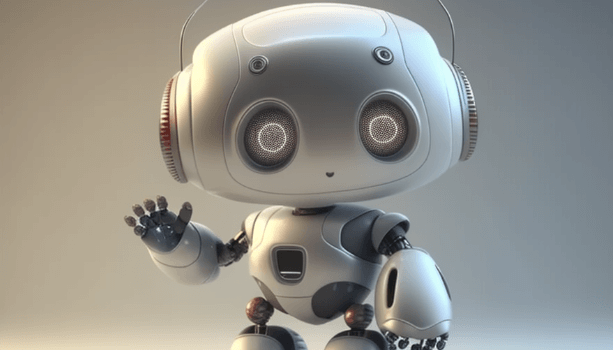
AI has already made its mark on society, from chatbots to ever-improving self-driving vehicles.
However, with this potential comes significant risks and challenges, such as ensuring that AI is developed and used responsibly and ethically.
AI Accessibility: More Available and Ubiquitous
The democratization of AI is already underway, and its accessibility will only increase in the coming years.
Cloud computing has made it easier and cheaper to access AI services and tools, with companies like Amazon, Google, and Microsoft offering AI-as-a-service.
Open-source platforms like TensorFlow and PyTorch have also made it easier for developers to create and deploy AI models.
One area where AI accessibility is rapidly growing is in the healthcare industry.
Medical institutions are using AI to help diagnose diseases and develop personalized treatments.
For example, PathAI is using AI to improve the accuracy of cancer diagnosis, while Nanox is developing AI-based tools to help radiologists analyze medical images.
AI Augmentation: Enhancing Human Capabilities and Collaboration
AI will not replace humans, but rather, it will shift the market’s priorities.
According to a report by McKinsey, by 2030, as many as 400 million workers could have to find different jobs as AI-driven automation disrupts the workforce.
AI will enable humans to collaborate with other humans and machines across borders and disciplines.
For example, AI-powered translation tools are already expanding the scope of where companies can do business worldwide.
AI Opportunities and Challenges: New Markets, Products, Services, and Jobs
The widespread adoption of AI will create new markets, products, services, and jobs. According to a report by PwC, AI is expected to contribute up to $15.7 trillion to the global economy by 2030.
However, AI will pose new ethical, social, and legal issues.
For example, AI algorithms can perpetuate bias and discrimination, as seen in the case of facial recognition technology.
We need to ensure that AI is aligned with our values and goals and benefits everyone equally.
While some jobs may be automated, new jobs will emerge that require AI-related skills.
For example, data scientists, AI ethicists, and explainability specialists will be in high demand.
According to the World Economic Forum, by 2025, the emerging professions of data scientists, machine learning specialists, and robotics engineers will be in high demand across industries.
AI Science and Innovation

AI will transform the way we conduct scientific research.
It will enable us to discover new knowledge that was previously inaccessible or hidden.
For example, AI can help analyze large datasets to uncover patterns and correlations that humans may not have been able to detect.
In medicine, AI can help identify new drug targets and develop personalized treatments.
According to a report by Grandview Research, the global AI healthcare market size is roughly $16 billion.
AI Will Shape Foreign Policy
AI is already used in military applications, such as autonomous drones and cybersecurity. However, the impact of AI on foreign policy will extend beyond the military.
For example, AI can help predict and prevent pandemics by identifying potential outbreaks.
It can also analyze economic data and forecast nonobvious global economic trends.
This information can help governments make better decisions about trade, investment, and other economic policies.
On the other hand, the proliferation of AI can create new risks and challenges, such as the potential for AI-powered cyber attacks and the development of autonomous weapons.
Governments must work together to address these challenges and develop international norms and regulations for AI in foreign policy and geopolitics.
Conclusion
AI has the potential to transform our lives in numerous ways, from improving efficiency and productivity to driving innovation and development across various industries.
However, it is essential to recognize the potential challenges associated with AI, such as job displacement, bias, privacy concerns, and ethical considerations.
FAQ
What is the difference between AI and machine learning?
AI is a broad field focused on creating systems that can execute tasks traditionally requiring human intelligence.
Learn more about the branches of AI.
Machine learning is a field within AI concentrated on producing algorithms that allow systems to improve without being explicitly programmed.
Can AI replace human intelligence?
No, AI cannot replace human intelligence entirely.
While AI can perform many tasks typically requiring human intelligence, it lacks the emotional intelligence, creativity, and critical thinking skills that make humans unique.
What are the ethical concerns surrounding AI?
Some ethical concerns surrounding AI include job displacement, bias and discrimination, privacy concerns, and the potential abuse of AI to cause physical harm to humans.
How can AI be used for social good?
AI can be used for social good in numerous ways, such as improving healthcare outcomes, enhancing educational opportunities, increasing access to financial services, and developing sustainable energy solutions.
What is the future of AI in the job market?
As AI improves, it may replace human workers in some industries, leading to job displacement.
However, AI will create new job opportunities for data analysts, trainers, and ethics developers.

